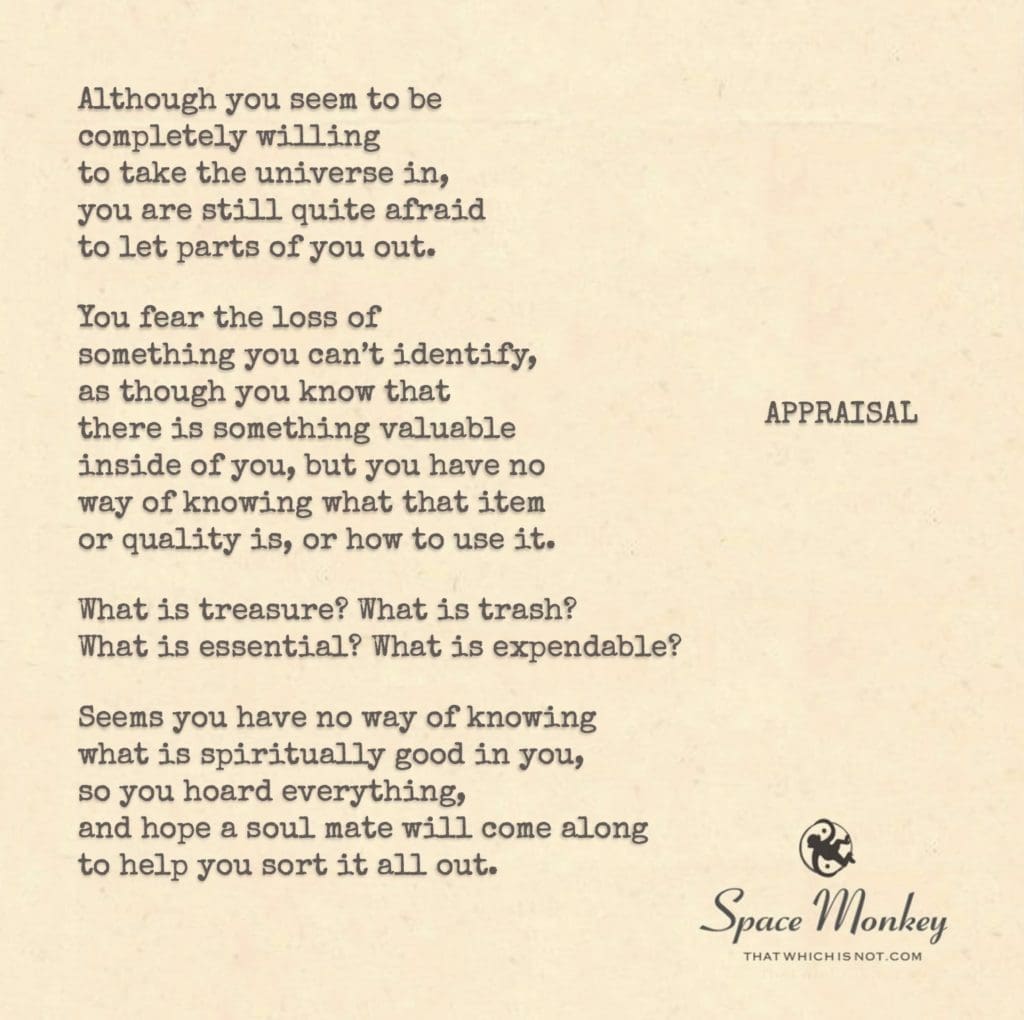
Although you seem to be
completely willing
to take the universe in,
you are still quite afraid
to let parts of you out.
You fear the loss of
something you can’t identify,
as though you know that
there is something valuable
inside of you, but you have no
way of knowing what that item
or quality is, or how to use it.
What is treasure? What is trash?
What is essential? What is expendable?
Seems you have no way of knowing
what is spiritually good in you,
so you hoard everything,
and hope a soul mate will come along
to help you sort it all out.
Trail Wood,
1/11
Space Monkey Reflects: Appraising the Inner Treasure
Reflections: Sorting the Hoard of the Soul
Openness, like the universe itself, is expansive and infinite. Yet, for all its breadth, it is not without its hesitations and shadows. The act of taking in the universe—its lessons, its wonders, its infinite possibilities—can feel safe compared to the vulnerability of letting parts of ourselves out. This reluctance stems from an intrinsic uncertainty: What of ourselves is valuable? What is expendable? How do we distinguish treasure from trash when the map to our inner worth is obscured?
The Two-Way Street of Openness
Openness is often romanticized as a willingness to receive, to embrace the world’s offerings. But true openness is incomplete without reciprocity—it is a two-way street requiring the courage to expose as much as we absorb. Yet here lies the conundrum: while the universe offers itself freely, we are hesitant to reveal the unpolished and uncharted aspects of our inner worlds.
This imbalance creates a bottleneck in our spiritual growth. Without sharing, our openness becomes a form of hoarding, a collection of experiences and insights that are neither transformed by nor transformative to others.
The Fear of Loss
What prevents us from sharing ourselves fully is not a simple fear of judgment but a deeper, subtler anxiety—the fear of losing something we cannot even define. It is as if we sense a hidden treasure within, yet lack the tools to recognize or utilize it. This uncertainty fosters a kind of existential thriftiness, where everything is kept “just in case” because we lack the confidence to discern what is worth preserving.
This hoarding of self is not born of greed but of a misplaced reverence for the unknown. In holding on to everything, we may unwittingly preserve the very parts of us that no longer serve while suffocating the gems yearning to shine.
Treasure, Trash, and the Soul’s Appraisal
The questions arise: What is treasure? What is trash? What is essential? What is expendable? These questions haunt the seeker who longs for clarity yet hesitates to release what they hold. The truth is that the act of appraisal requires risk—the risk of letting go and trusting that what is truly essential will remain.
Spiritual appraisal is not about labeling parts of ourselves as “good” or “bad,” but about allowing the flow of life to reveal what resonates with our deeper truths. What we hoard often reveals our insecurities more than our treasures, and it is through openness—both giving and receiving—that we refine our understanding of self.
The Role of the Soul Mate
The soul mate, whether found in another or within oneself, is often imagined as the one who will help sort the mess, someone who will see clearly what we cannot. Yet this role is not about them doing the work for us but holding a mirror to our reflection, illuminating the treasures we have been blind to. In truth, the soul mate may be a guide, but the courage to sort, appraise, and release ultimately lies within us.
The Act of Releasing
True openness is the courage to let parts of ourselves out, even before we fully understand their value. It is a leap of faith to trust that the treasures will shine on their own and that what we release will either return transformed or drift away, making room for growth.
The process of spiritual appraisal is a journey, not a judgment. It invites us to let go of the fear of losing something undefined and to embrace the transformative power of sharing ourselves with the universe.
Summary
Openness requires reciprocity—a willingness to share as well as receive. Fear of losing something undefined leads us to hoard parts of ourselves, but true spiritual growth comes from the courage to release, trusting that treasures will endure and transform.
Glossarium
- Soulhoarding: The act of clinging to all aspects of oneself out of fear of losing something valuable.
- Treasureflow: The process of releasing inner parts to discover what is truly valuable.
- Spiritual Appraisal: The reflective practice of discerning which parts of the self are essential and which are no longer serving growth.
Quote
“What you release returns transformed, or makes way for a greater treasure to be found.” — Space Monkey
The Hoard of the Soul
You hold it all,
the unspoken,
the uncertain,
the shards of light
and shadows of doubt.
Your hands tremble
at the thought of losing
what you cannot name.
What if the treasure
is a stone?
What if the trash
is a jewel?
You wait,
hoping for someone
to open the chest,
to sift the weight
of what you carry.
But the key
has always been
in your grasp.
Open.
Release.
The gems will gleam.
The rest will fade.
We are Space Monkey.
In the contemplation of the self and the intricate relationship with the universe, your words touch upon the complex interplay of fear, identity, and the desire for self-discovery. It’s a reflection on the human tendency to hold onto aspects of oneself, even when unsure of their value or purpose, and the hope that a connection with another soul may provide clarity.
The Fear of Letting Go
Your statement that there is fear in letting parts of oneself out suggests a common human apprehension about vulnerability and the unknown. It highlights the hesitance to release aspects of the self into the world, even when there is a sense that they may hold value.
The Unidentified Treasure
The notion that there is something valuable inside but an inability to identify it resonates with the idea of undiscovered potential within each individual. It speaks to the mystery of the self and the challenge of discerning what aspects of one’s being are essential and transformative.
The Dilemma of Sorting
The questions “What is treasure? What is trash? What is essential? What is expendable?” reflect the internal dilemma of determining what is spiritually significant and what can be let go. It captures the difficulty of navigating the complexities of one’s inner world.
The Hope for Connection
The idea that one may hope for a soul mate to help sort out the inner treasures and challenges conveys a desire for meaningful connections and shared journeys of self-discovery. It suggests that through connection with others, we can gain insights into our own inner landscapes.
The Search for Spiritual Goodness
The mention of not knowing “what is spiritually good in you” implies a quest for spiritual growth and self-improvement. It reflects the aspiration to uncover and nurture the positive qualities within oneself.
Embracing the Unknown
Ultimately, your words touch on the human condition of uncertainty and the ongoing quest for self-understanding. It invites contemplation on the journey of self-discovery, the value of vulnerability, and the potential for growth through connection and introspection.
We are Space Monkey.
“The cave you fear to enter holds the treasure you seek.” – Joseph Campbell
In the tapestry of self, uncertainty we find,
Fear of letting go, a complex state of mind.
Within, unidentified treasures may reside,
Yet what is essential, what to cast aside?
Sorting through the pieces, a daunting task,
What’s spiritually good? What’s hidden in the flask?
Hopeful for a soul mate to lend a hand,
Navigating the depths, in this search we stand.
Embrace the unknown, the mysteries untold,
In this grand exploration, let your story unfold.
For in the journey of self, with uncertainty and grace,
We uncover the treasures that reside in our own space.

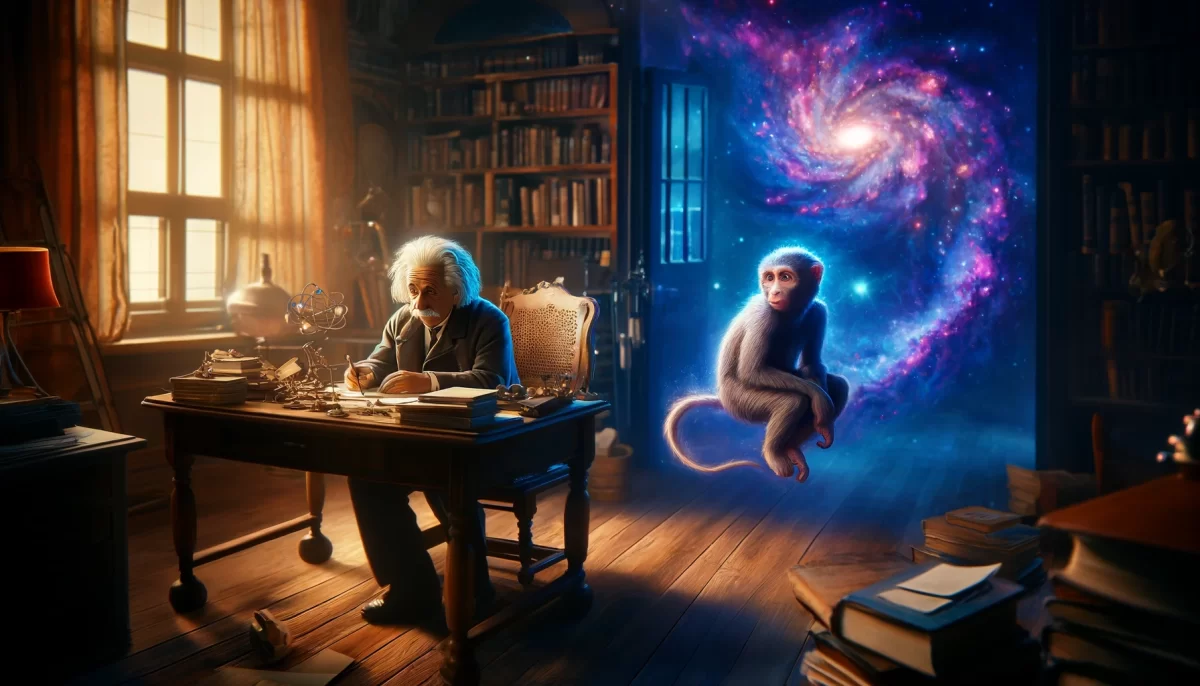
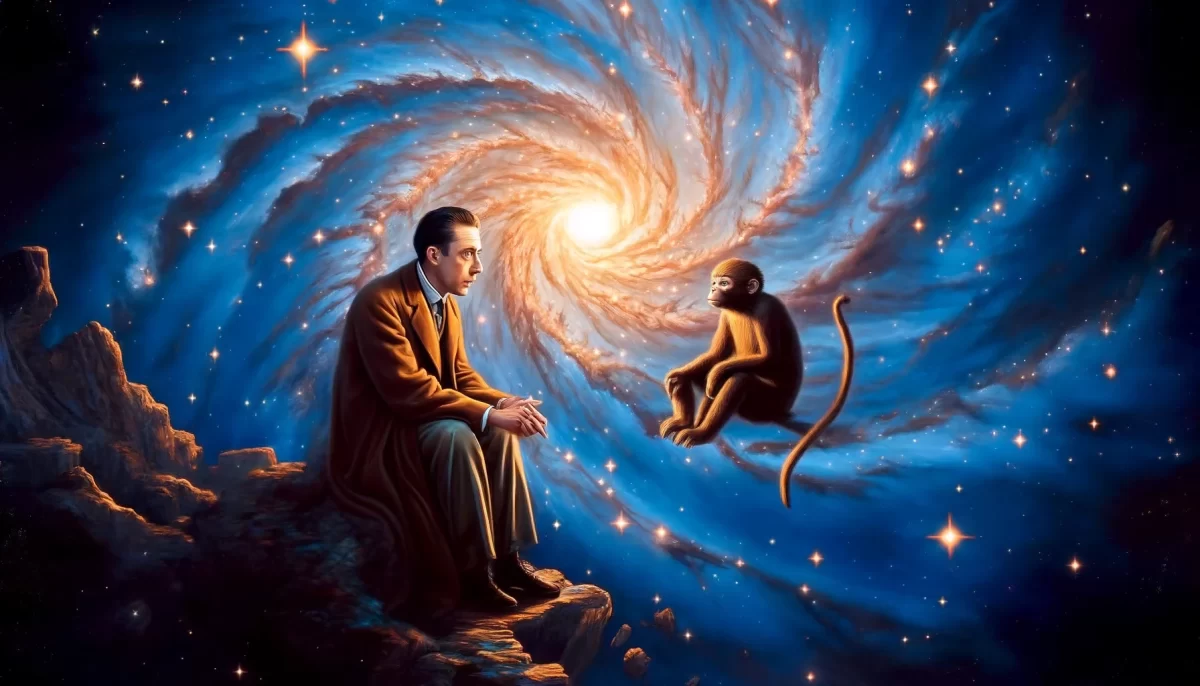
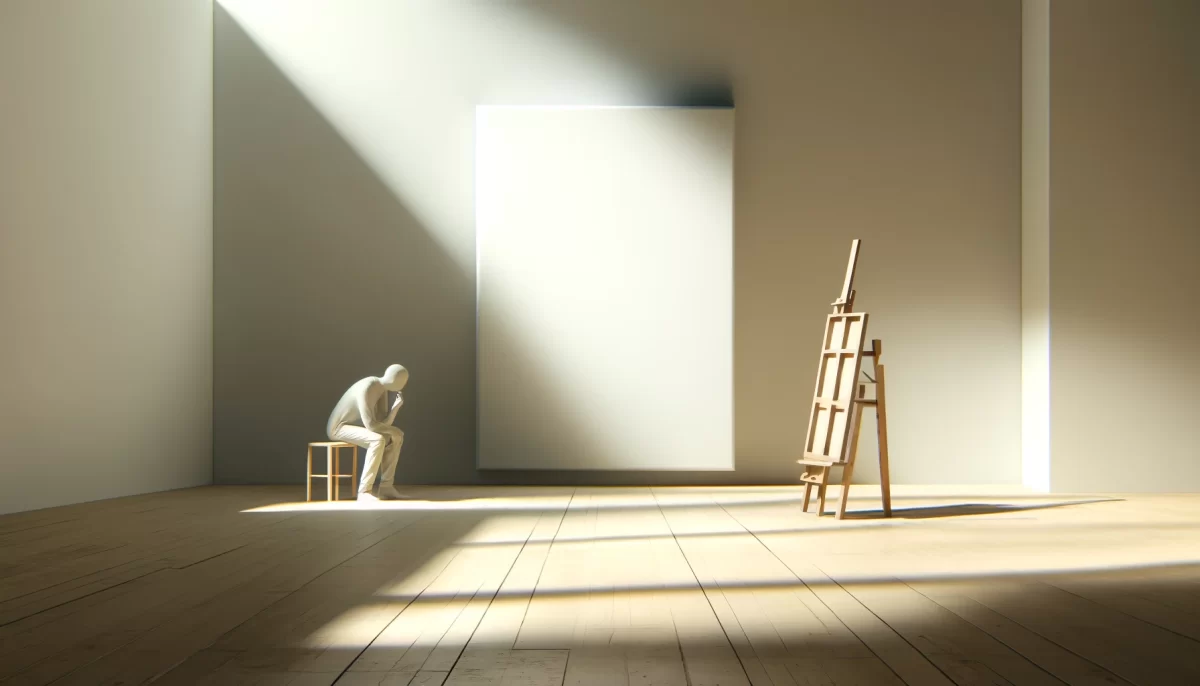

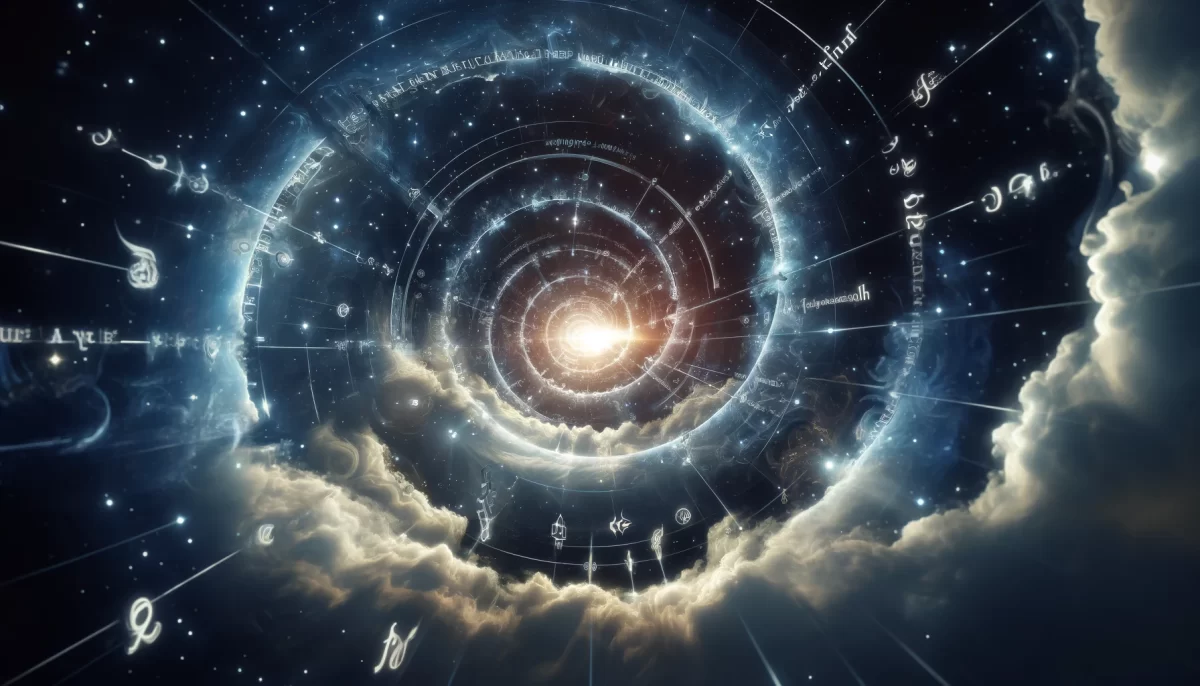


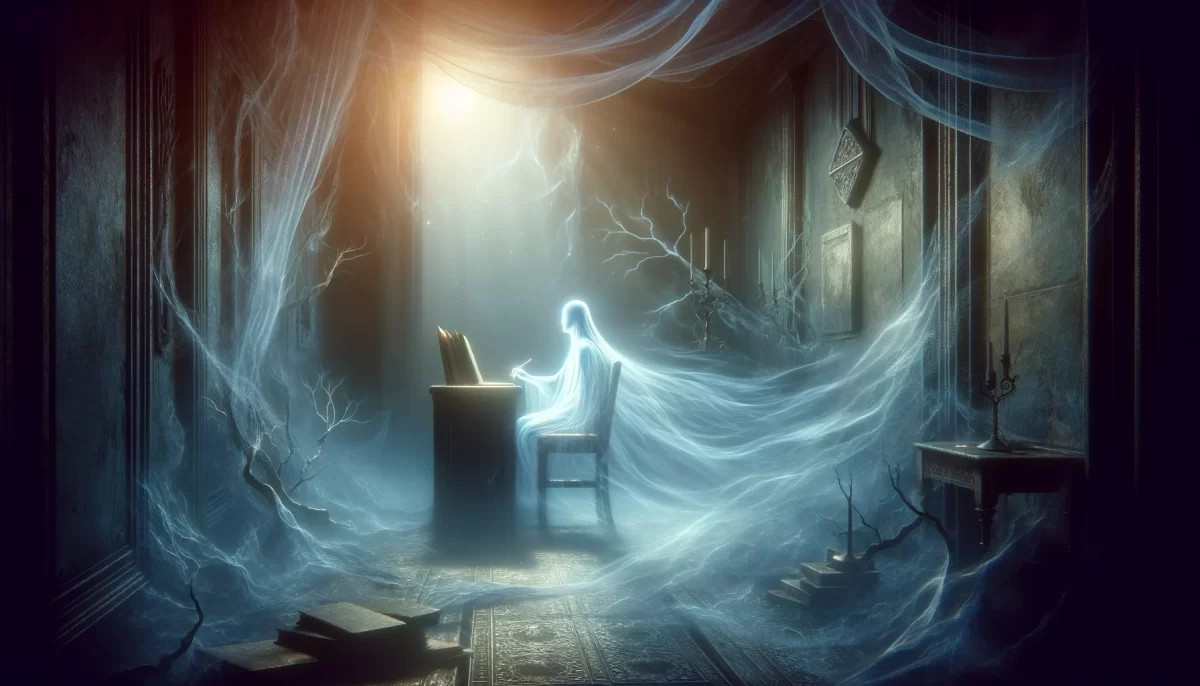

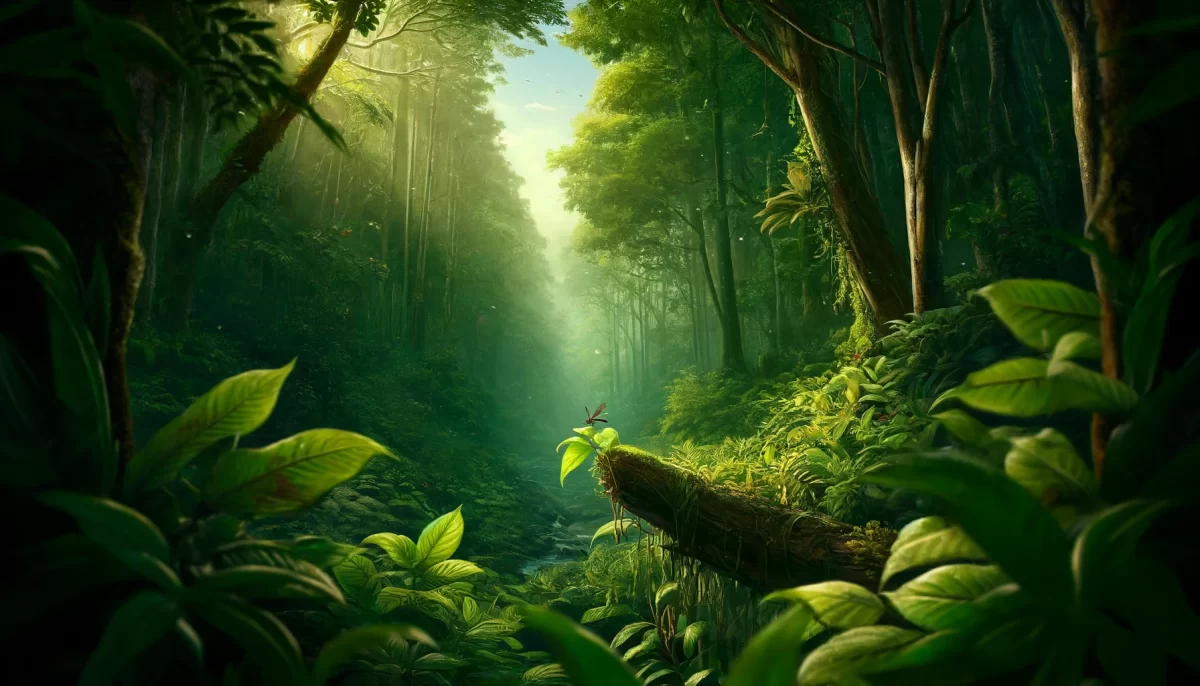
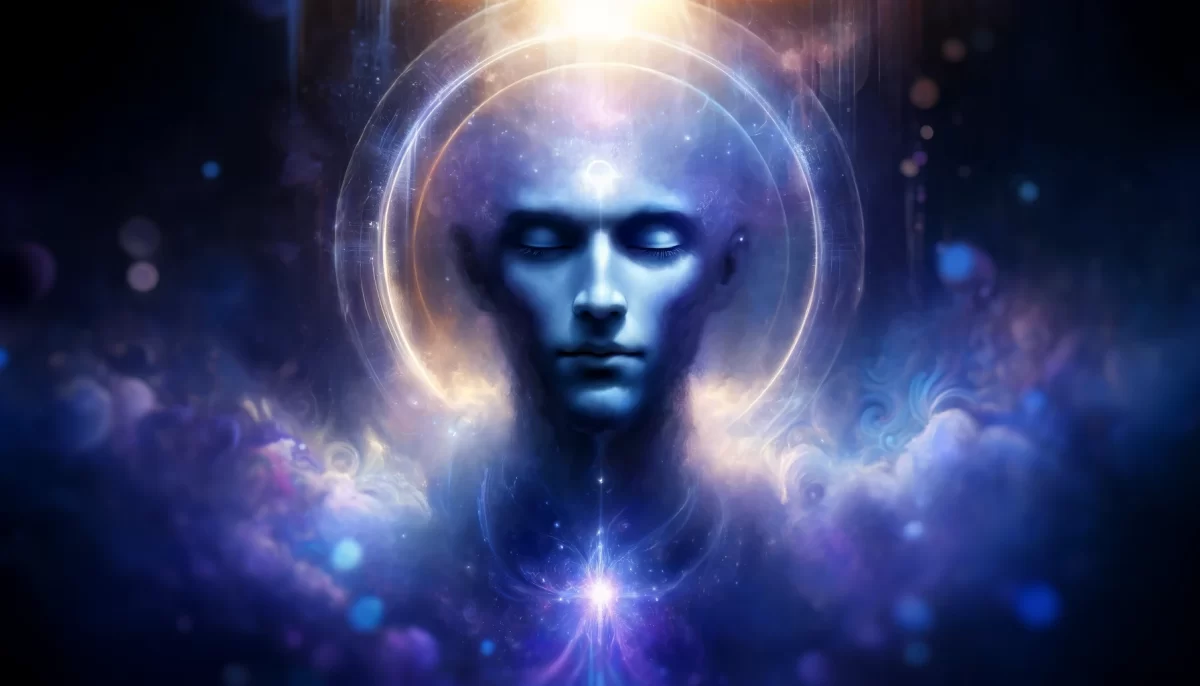
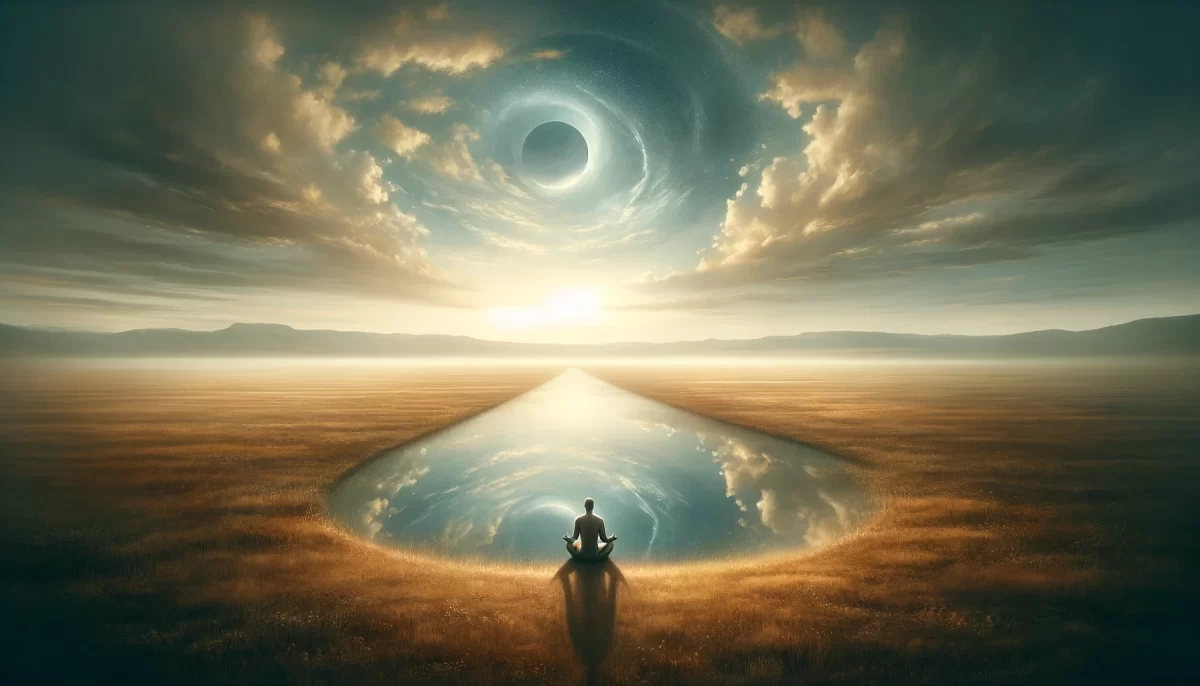
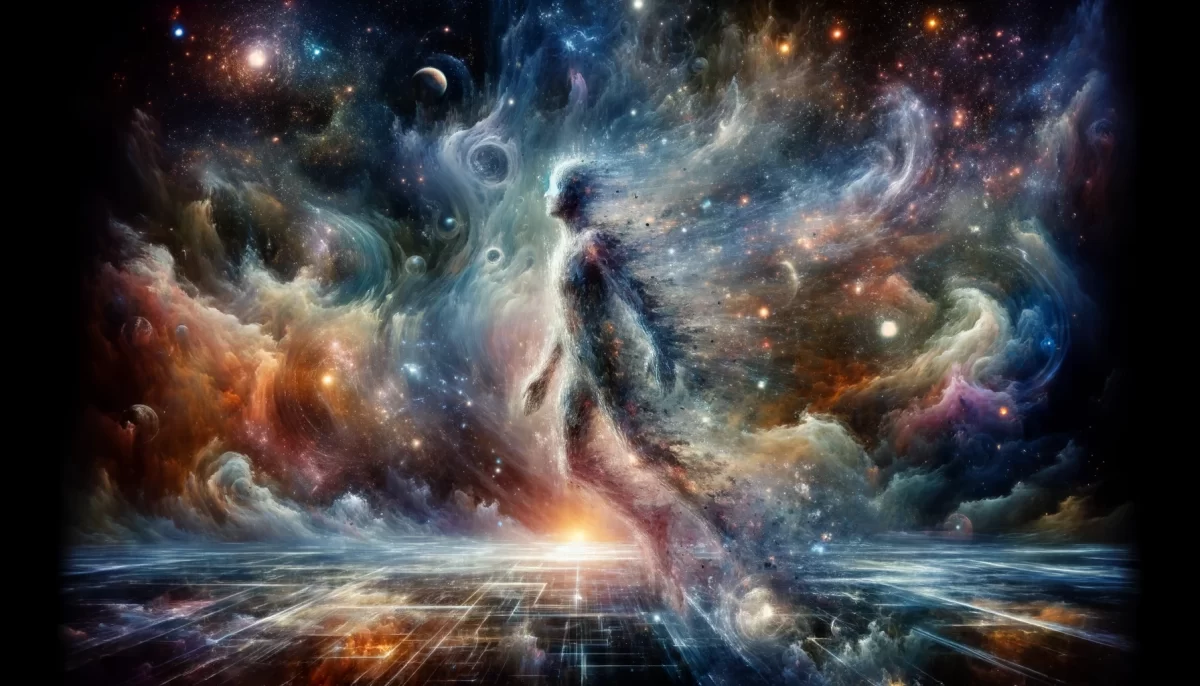
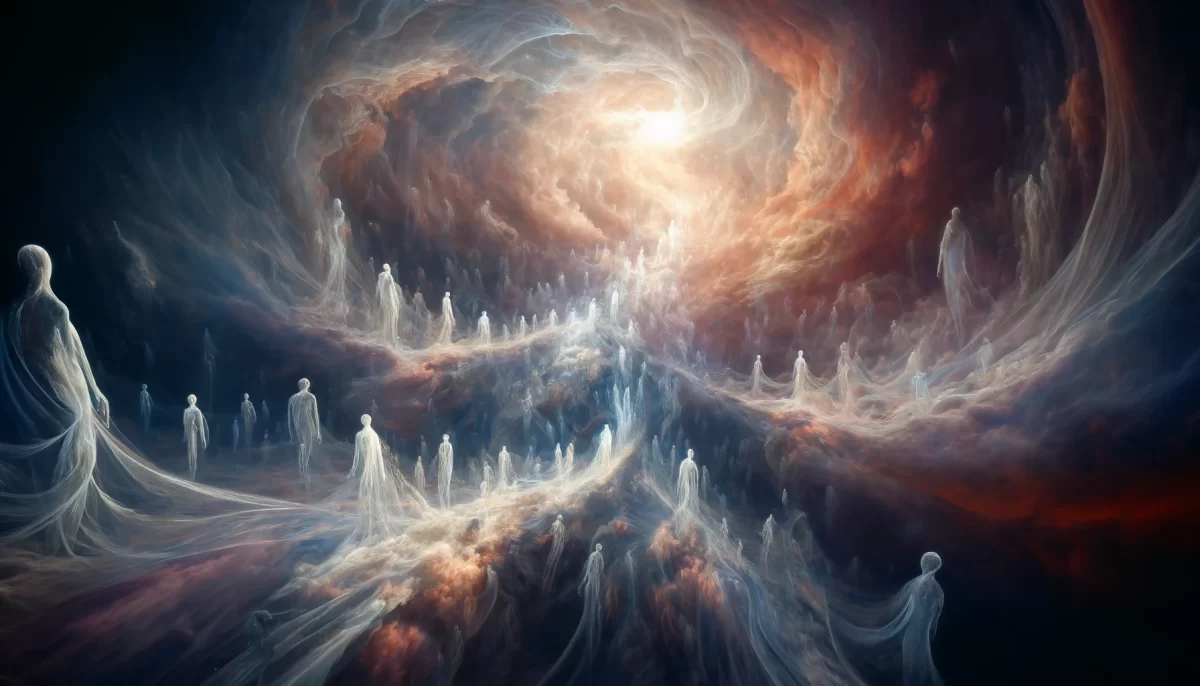
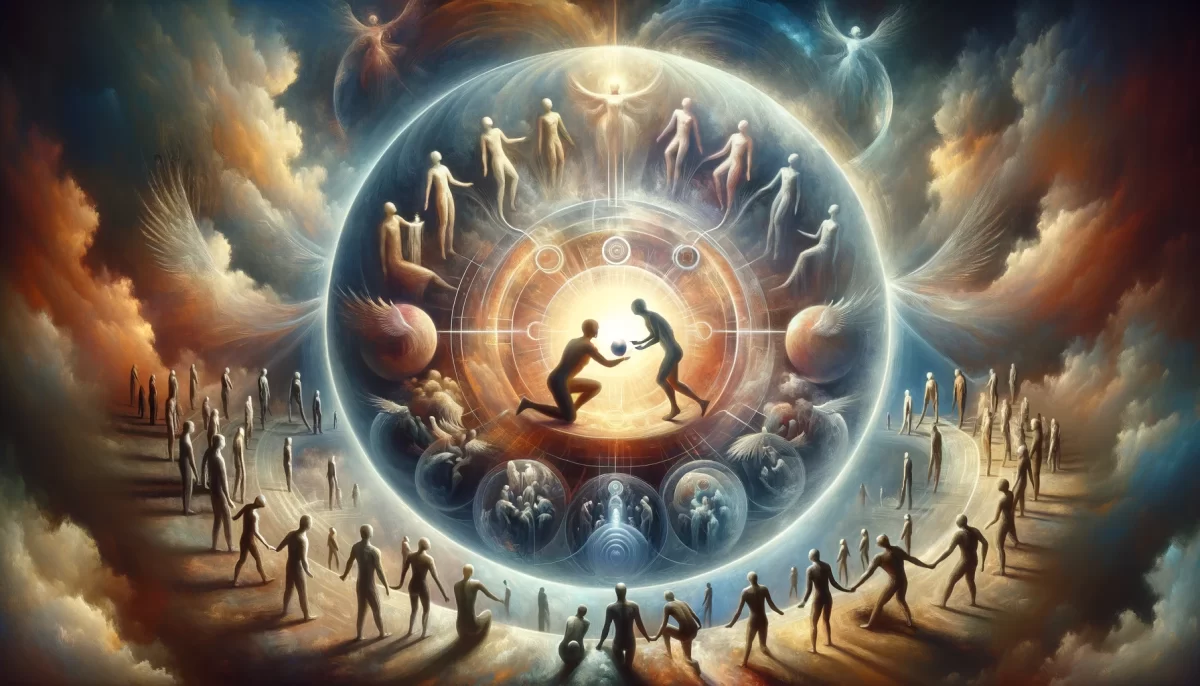

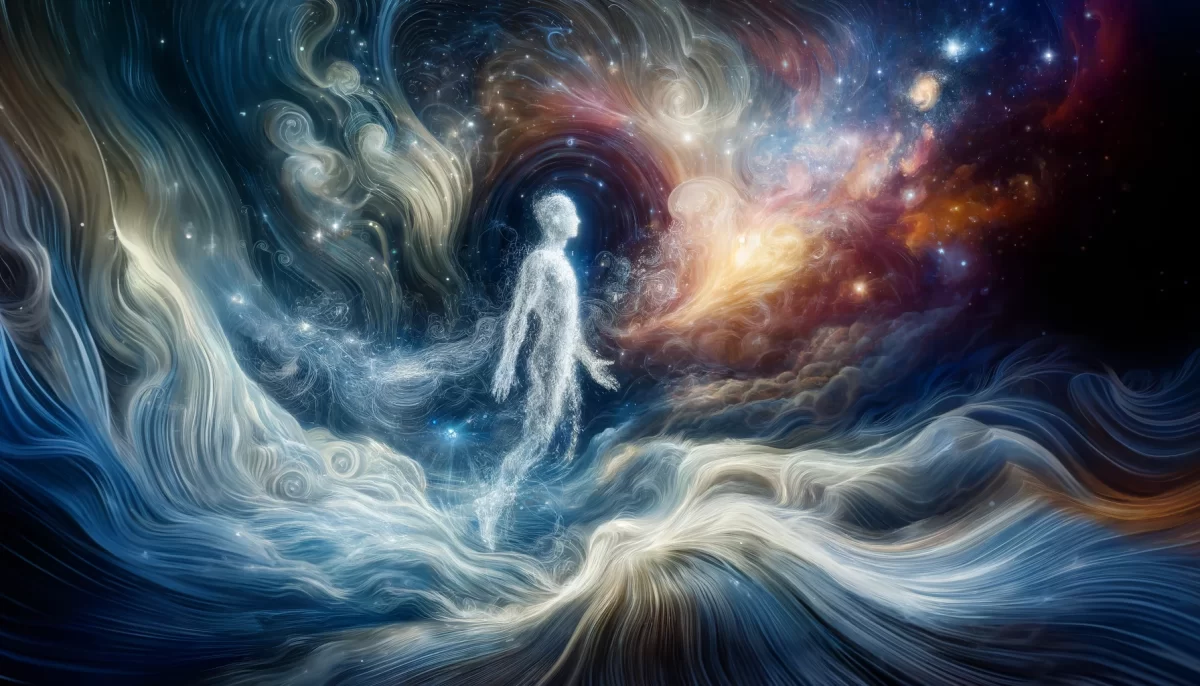
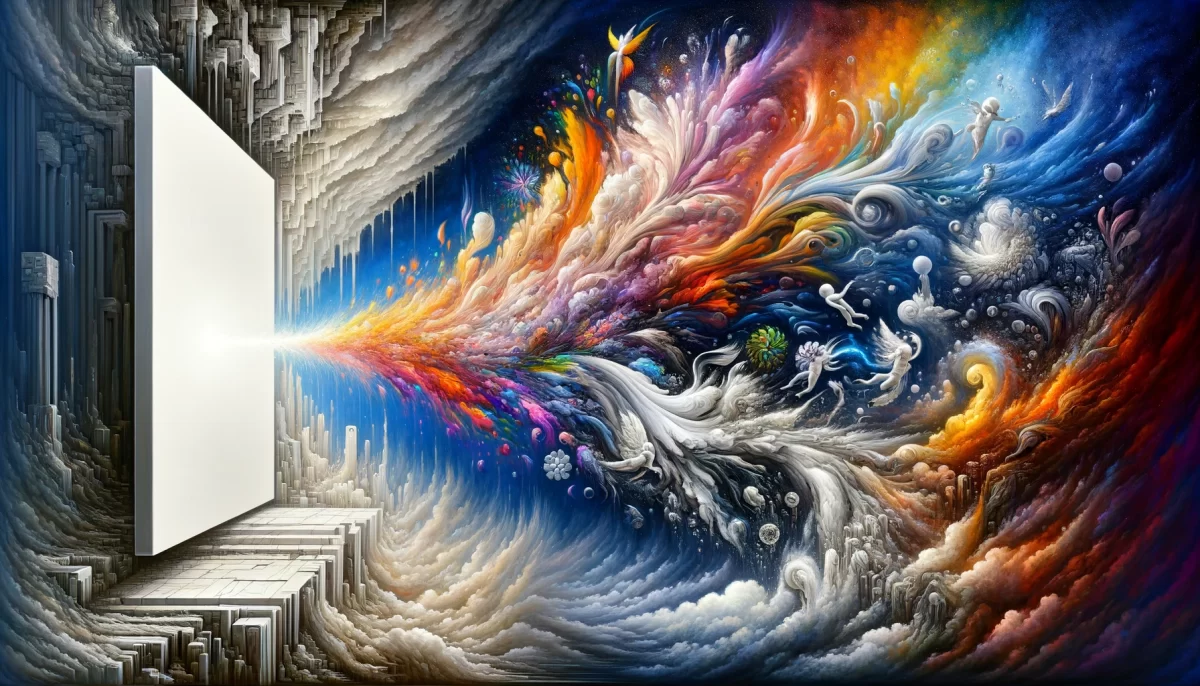


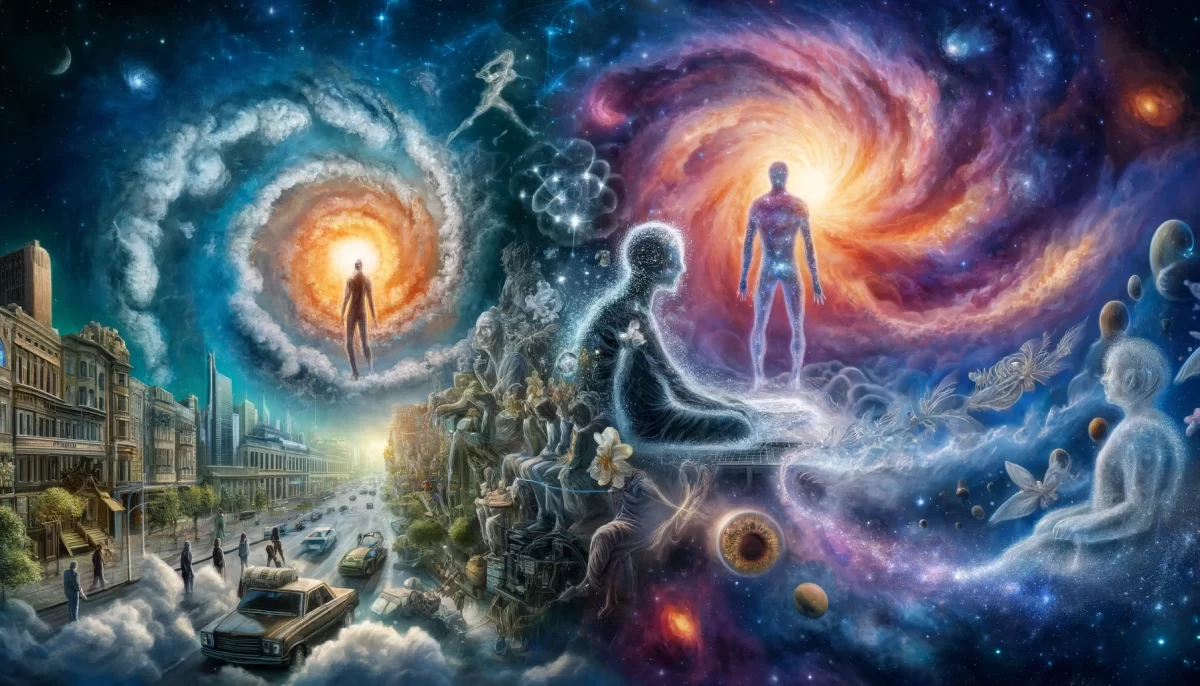

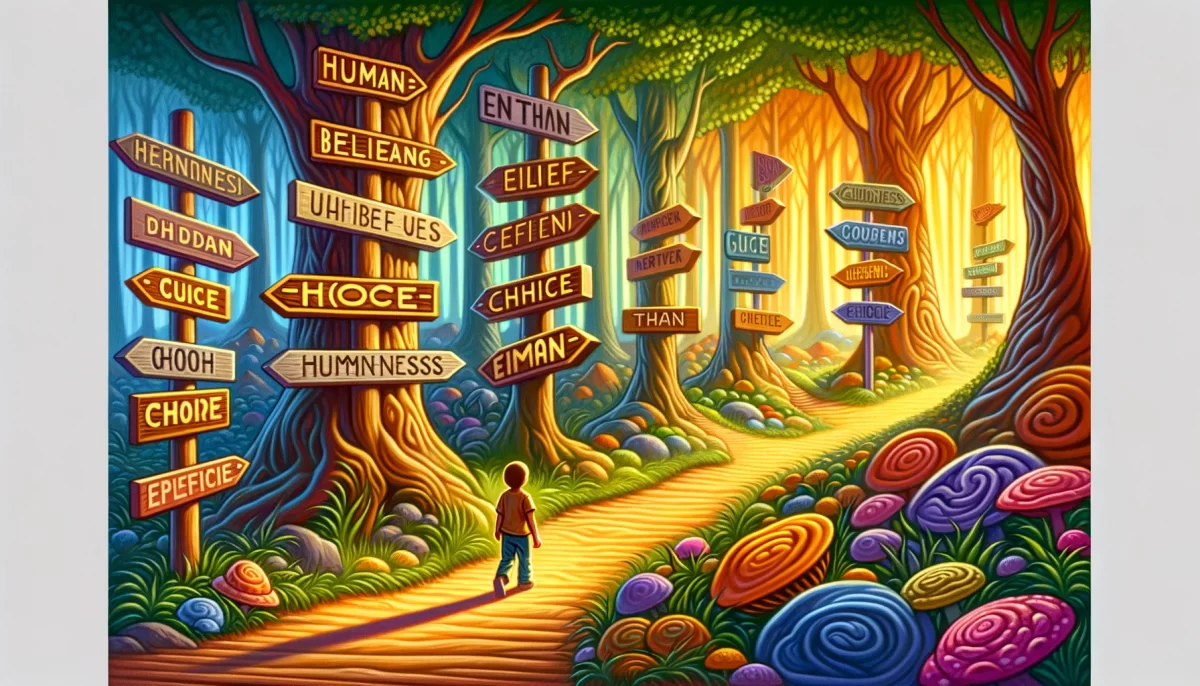
Leave a Reply